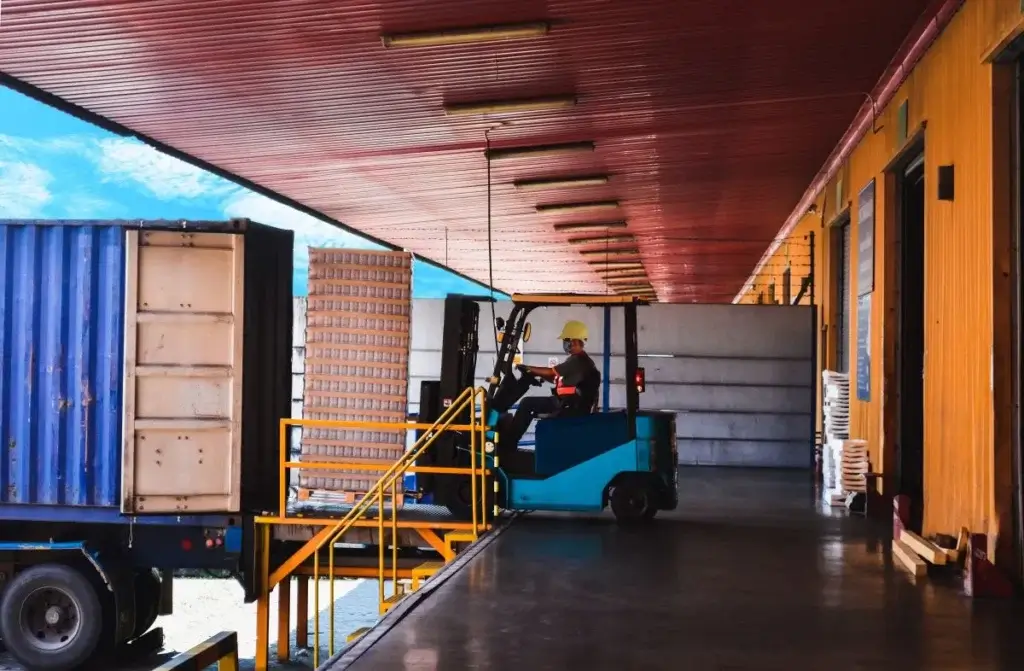Amazon has announced the acquisition of 12 Boeing767-300s adapted to air freight transport. The company of Jeff Bezos, for the last three years the richest man in the world (according to the Forbes ranking), has been reacting in this way to the situation related to the coronavirus pandemic.
At the beginning of June Amazon announced that it had ordered 12 Boeing 767-300 aircraft and thus increased its own fleet to 82 aircraft. One of them has already transported goods since May and the eCommerce leader will pick up another eleven in 2021.
Amazon Air’s fleet expansion comes at a time when people in communities across the country continue to adjust to this unprecedented time, with many relying on having the items they need delivered directly to their doorstep. Amazon Air has played a central role during the COVID-19 pandemic by transporting essential PPE supplies for Amazon associates, frontline health workers and relief organizations across the U.S. Now, with expanded cargo capacity to come, Amazon will continue to meet evolving demand and a growing customer base,” explains the company in a press release.
Is Amazon a threat to UPS and FedEx?
The eCommerce giant started operating in the field of air transport in 2014. However, Amazon Air Cargo is growing very fast and is on track to seriously reduce revenues of industry tycoons such as UPS, FedEx and US Postal Service.
Researchers at DePaul University stated in a report dated 22 May that Amazon could increase its fleet to about 200 aircraft over the next 7-8 years, which would outnumber players such as DHL, which has 77 aircraft, and Korean Air Cargo, which has 104 aircraft. However, it would still be far behind UPS, which has 679 planes, or FedEx, which has 564.
Amazon Logistics is the fourth largest transport company in the United States, after FedEx, UPS and US Postal Service. Last year it delivered 3.5 billion packages worldwide, coming close to FedEx (3.9 billion packages), UPS (5.5 billion packages) and USPS (6.2 billion packages) rivals.
Analysts at investment bank Morgan Stanley expect Amazon Logistics to deliver up to 6.5 billion packages a year by 2022. This significantly exceeds the forecasts for UPS and FedEx, which are expected to deliver around 5 billion and 3.4 billion shipments per year, respectively.
Photo: Wikimedia/Matti Blume CC-BY SA 4.0











